On Redefining Values: The Visible Rise of Women and Nonbinary People of Color
This interview originally appeared in She Shreds Issue #13, which was released in September, 2017.
The impacts of independent music are often considered in relation to economic value—but what are the sociopolitical implications of being an independent artist? Whether it’s within realms of punk or underground, on larger platforms of visibility, in private or in public, artists bridge worlds with their work and experiences.
We see this in the rise of independent music dominating a landscape that once was powered by big money record labels. When artists access a broader scope of opportunities, it’s meaningful for more reasons than just expanding brands. Gaining a larger, more mainstream platform takes on a new value when it’s given to an underrepresented voice. Can exposing art to larger, influential media outlets be a way to demand justice for the marginalized?
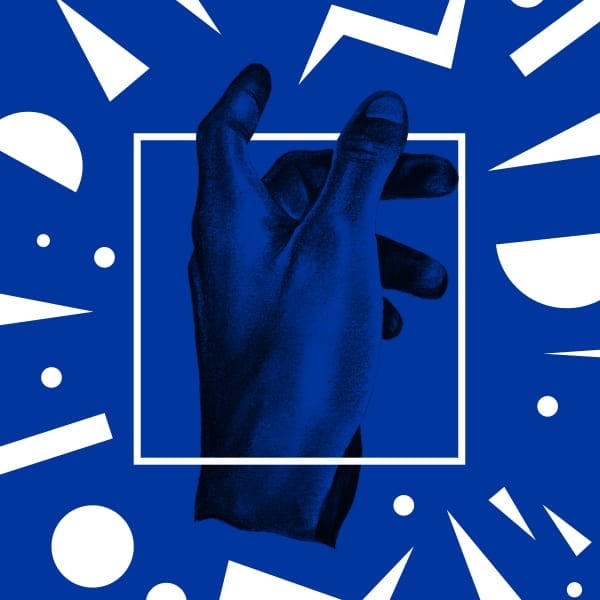
The human bridges in my life—aunties, grandmothers, fellow QPOC (queer people of color), femme/non-binary friends—carry intergenerational traumas as well as their own, feel pressure to uphold the expectations of western society, and often have few examples of role models. They embody transitional space, constant movement, progress, and healing. They work to repair harm and offer avenues of resources, opportunities, and alternatives to the oppressive logic of patriarchy. I see countless queer people of color in music and art holding this same role.
On top of the deep internal contemplation that develops naturally with artistic work, visibility often comes with intense exposure followed by criticism. How can we, as independent musicians, interact with corporate spaces and push our influence while maintaining our radical values? How can we stay true to these defined values in an ever-changing political climate?
She Shreds spoke with artists, writers, and musicians whose work is embedded with intersectional analysis, critiques on violence against black and brown bodies, and oppositional views of capitalism within the music industry. We discussed new approaches to engaging with music culture and how they reimagine mainstream platforms in regards to amplifying marginalized voices.
Questioning the ground we walk on every step of the way is a necessity.
By existing within these spaces of industry, people of color, women, queer, trans, and nonbinary folks might be able to gain a foothold inside art culture. Culture transforms as they engage with it. This work can be arduous and a lot of these folks are doing it on their own terms.
“I can say ‘no’,” says Camae Ayewa, a Philadelphia musician, poet, and activist who performs as Moor Mother, about choosing what spaces to engage with.“[What’s] cool about my particular work as a musician is that I can change it on a whim. I have more control over what I’m expressing and to whom.”
“Music is very classist and you can hide behind identity,” Ayewa continues. “It takes a lot of money to be a touring musician. Whenever there are opportunities to do it on a grassroots level, where we can spread this experience to our friends that may not ever have the opportunity, that’s the best thing to me… I don’t separate art from my life. I do this not as part of some agenda. From how I grew up, how I live my life, I am in these radical spaces before the music. I create the radical spaces for people to come into.”
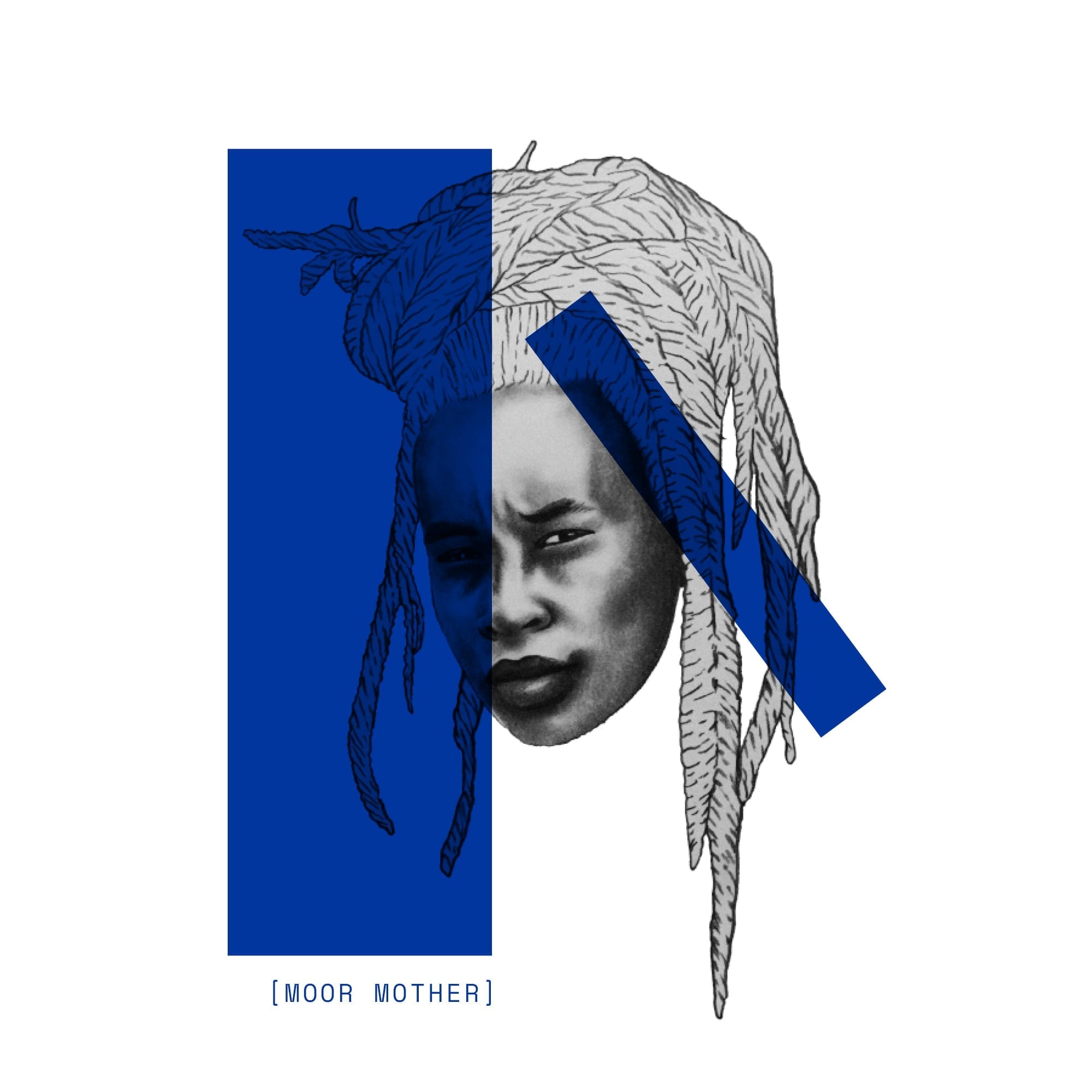
Growth of influence can undeniably create opportunity for those who come after.
Most folks involved in the art world, at any level, will tell you that it’s often a slow accession, and that the work never really stops. It’s meaningful even when it’s conflicting. Sometimes we must engage with unhealthy systems in order to understand how to change them, and the proclivity towards hard work is usually the only reason we are able to accomplish what we can today.
“My career as a freelance writer existed concurrently with my career as a domestic worker,” says Suzy Exposito, a New York freelance journalist, online producer for Rolling Stone, and musician. “I worked six days a week for three different families until I was 24 years old, cleaning up after rich Manhattanites, and often staying up until sunrise working on music reviews. I started getting the attention of people at MTV, and I was more than happy to trade cleaning toilets and changing diapers for writing about [international] alternative music. At night I would play benefit shows [with band Shady Hawkins] for activists, survivors, people who were incarcerated, people in need of gender-affirming surgeries.”
As we work towards our goals, many young creatives exude this multiplicity. We maintain our jobs, serve our communities, and attend school while also giving energy and volunteer time to our passions, reaching for a more sustainable life that encompasses all of our known worlds.
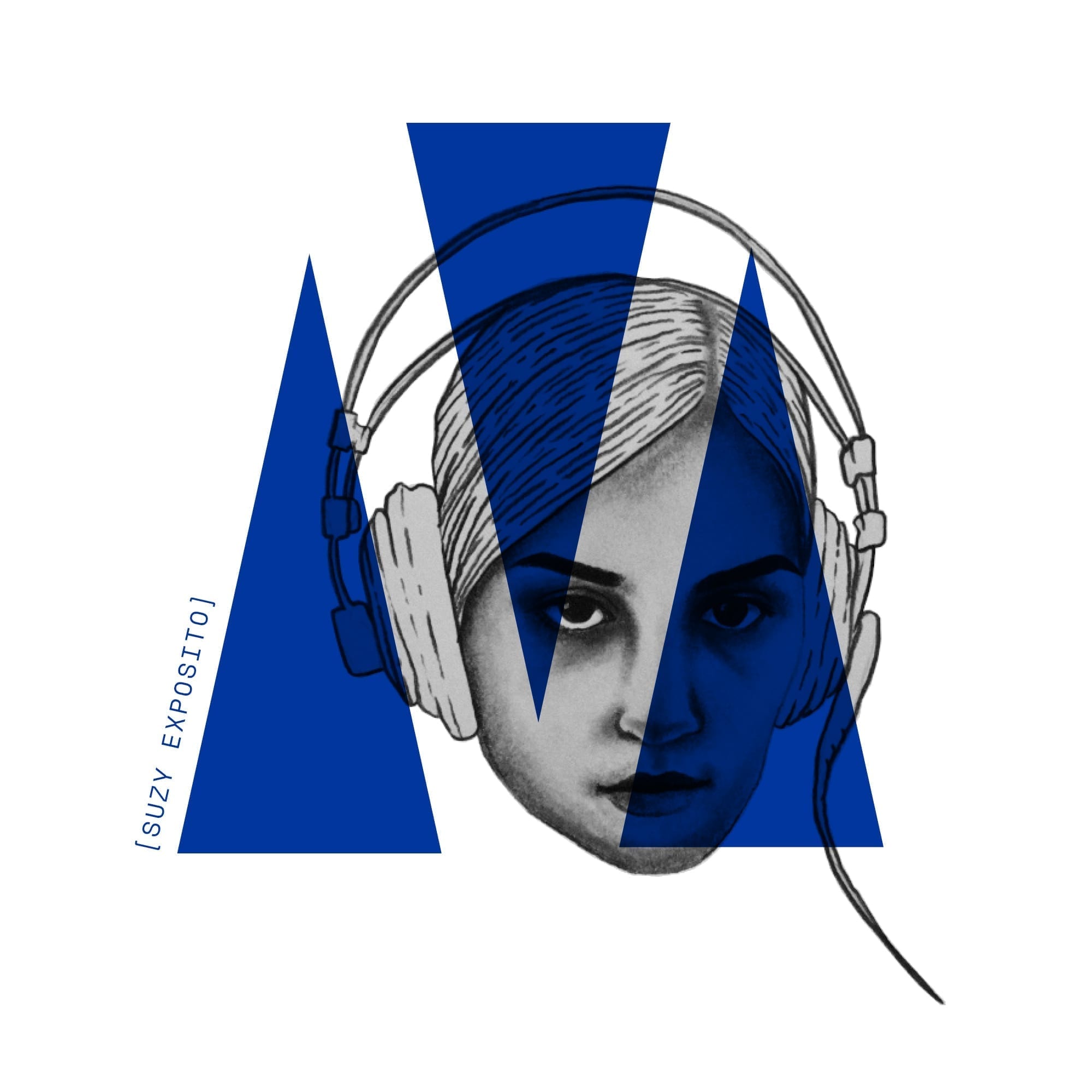
Coexisting with an industry that offers capital for feelings and thoughts can be paradoxical.
It’s a difficult feat, especially when combatted with differing value systems in each related space. The answer to these questions are as varied as the individuals who are confronted with them. New York performer Enongo Lumumba-Kasongo, who raps and sings as Sammus, infuses her music with personal experiences. In her song “1080p,” Lumumba-Kasongo talks about the tumultuous time surrounding getting her master’s degree, dealing with mental health, and engaging with white academia: “The setting sucks, I can’t fight the power, ‘cause they write books nobody reads, for these white folks that they tryin’ to please,” she sings.
“I think about [capitalism] all the time, and how to engage with platforms that are pretty gross or do insidious things,” Lumumba-Kasongo says. “How do we navigate through these spaces in a way that is purposeful but also sustainable?”
For example, Lumumba-Kasongo was once asked by a corporate company to do a segment on video games and music. Opening up about the conflicts that come with opportunities like this, she says, “The more I talked to people, the more anxious I became. A lot of folks said, ‘That doesn’t speak to your values.’ I was bummed. Maybe naively, maybe too innocently, thinking that it would be a cool way to showcase my story. It didn’t feel like I had to change anything about who I am in order to participate.”
When an artist’s work becomes more public, it’s easy for that work to be casted by people who want to define the artist’s values or experiences. Their identity becomes inflexible, assigned to only a restricted set of things they can and cannot be. Unfortunately, this is something that happens, more often than not, to already marginalized peoples. It can be further alienating, but some folks are using their lived experiences to push beyond these restrictions.
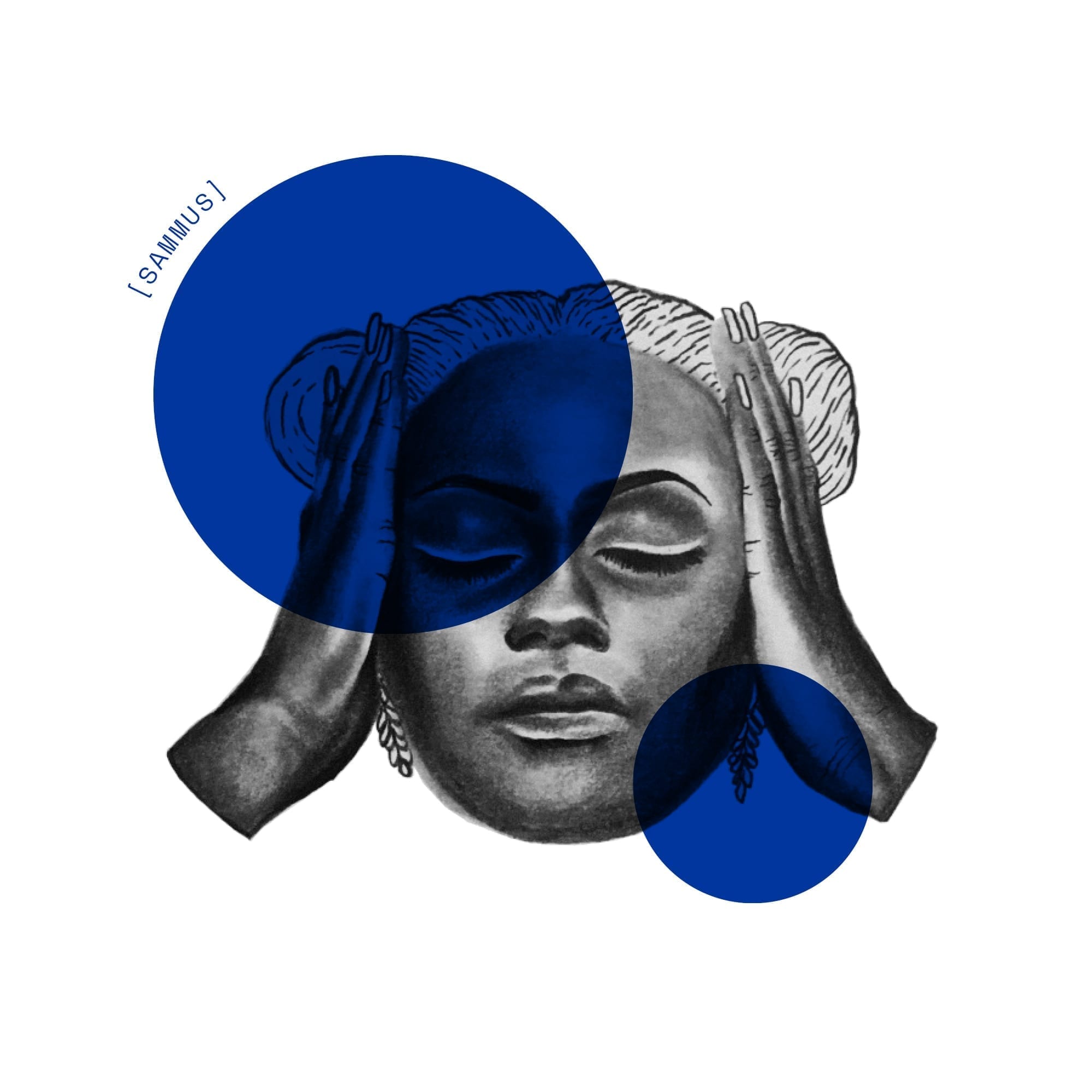
Use your restrictions as a tool and a weapon.
Speaking on the ways in which these restrictions originate, Exposito says, “Working at MTV World really expanded my musical palette, but it also made me think a lot about the meaning of DIY and how white people in the West really monopolize the concept… I’m also referring to the way [white people] monopolize anti-capitalist resistance and in turn arbitrarily put limitations on how to resist.”
“My work and art is inherently politicized and also gets politicized with other people’s politics,” says Providence artist Victoria Ruiz of the band Downtown Boys. Ruiz splits her time between the San Francisco Bay Area, where she grew up, and Providence, Rhode Island, where she still engages in community work. She is a co-founder of the online alternative publication Spark Mag, which encourages using culture as a weapon. She also works for The Center for Popular Democracy as a field organizer for their Fed Up campaign.
“There is a definite and necessary relationship between my work and my activism,” Ruiz says. “Both are crafted via an analysis of power that I have learned from a lot of people of color, white allies, and history. It is not an analysis rooted in just words or theory, it is one that is rooted in lived experiences with having to deal with capital, land, and relationships to power.”
In a world that consistently invests in whiteness, it is important for white allies to also question systems of oppression and work to prioritize alienated voices.
Sisters Liz and Jenn Pelly shared their experiences writing specifically about marginalized voices in art and how to repair these gaps in values and expectations from space to space. Liz has been a contributor and editor for Impose Magazine, and was recently added to the roster at She Shreds. She co-founded The Media, a bi-monthly online music and art publication dedicated to bridging “the gap between the underground presses and more accessible platforms.” Jenn has been a staff editor at Pitchfork for six years, and she’s also written online for the New York Times and Rolling Stone, and in print for Nylon and SPIN.
“I decided I wanted to be a music journalist in middle school,” says Jenn. “ I’ve always been acutely aware that writing about music and doing cultural journalism is a way to amplify underrepresented voices and to carve out space for people who have been overlooked.”
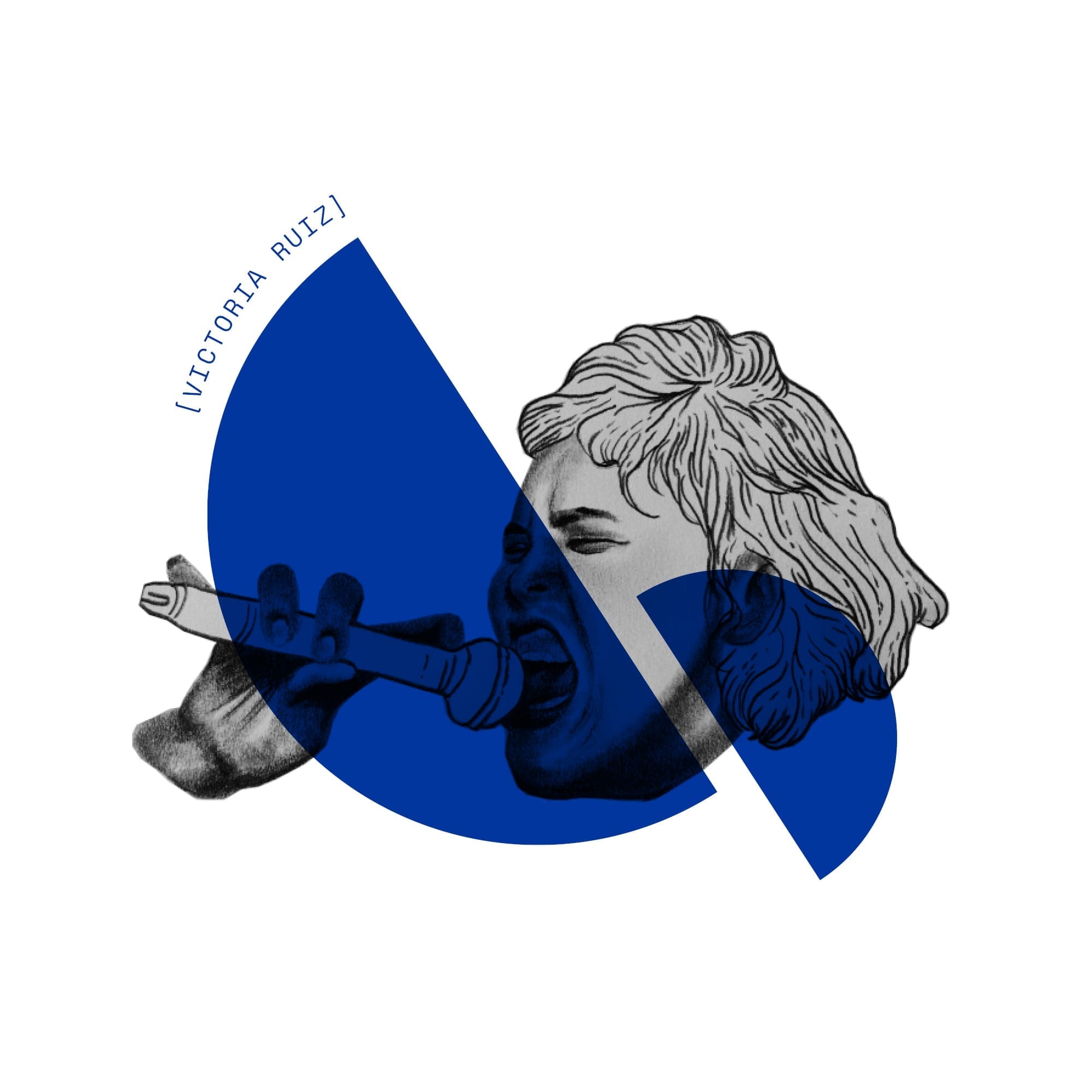
“This is why I think language is so limiting,” Liz says. “People need to define what their own values and politics are beyond, ‘Oh, this isn’t punk, this isn’t DIY.’ What does that actually mean to you? What are your goals for underrepresented artists if your value system encompasses the idea that space should be opened up for people who haven’t, traditionally, had access to it?”
“Part of why I think it’s so hard to define systems of thought in 2017 is that every day, in this hyper-mediated world that we live in, we’re confronted with the context of a platform everywhere we turn,” Liz continues. “Every way in which we communicate with each other—on Twitter, Facebook, text messaging—it’s all engaging with corporate-run platforms that are counter to the things we believe in.”
“I feel invested in creating alternatives, because I feel invested in confronting Euro-centric and white supremacist culture,” Victoria Ruiz says. “I don’t really feel invested in the individual people that bring toxicity via taste-making. I am more interested in looking at the institutions and reasons that made them feel the need to put harmful expectations on POC, women, and nonbinary people in music and art.”
Maybe there is no real way, as an artist engaged in industry, to separate wholly from spaces with more clinical and corporate approaches to culture. If there is, we haven’t quite found it yet. However, this new engagement, where people have more control over their individual paths and a louder voice to speak their truths, leaves me thinking that typical “taste-making” (meaninglessly creating content about what’s currently fashionable in order to exploit it economically) or brand-expanding tactics are on their way to extinction.
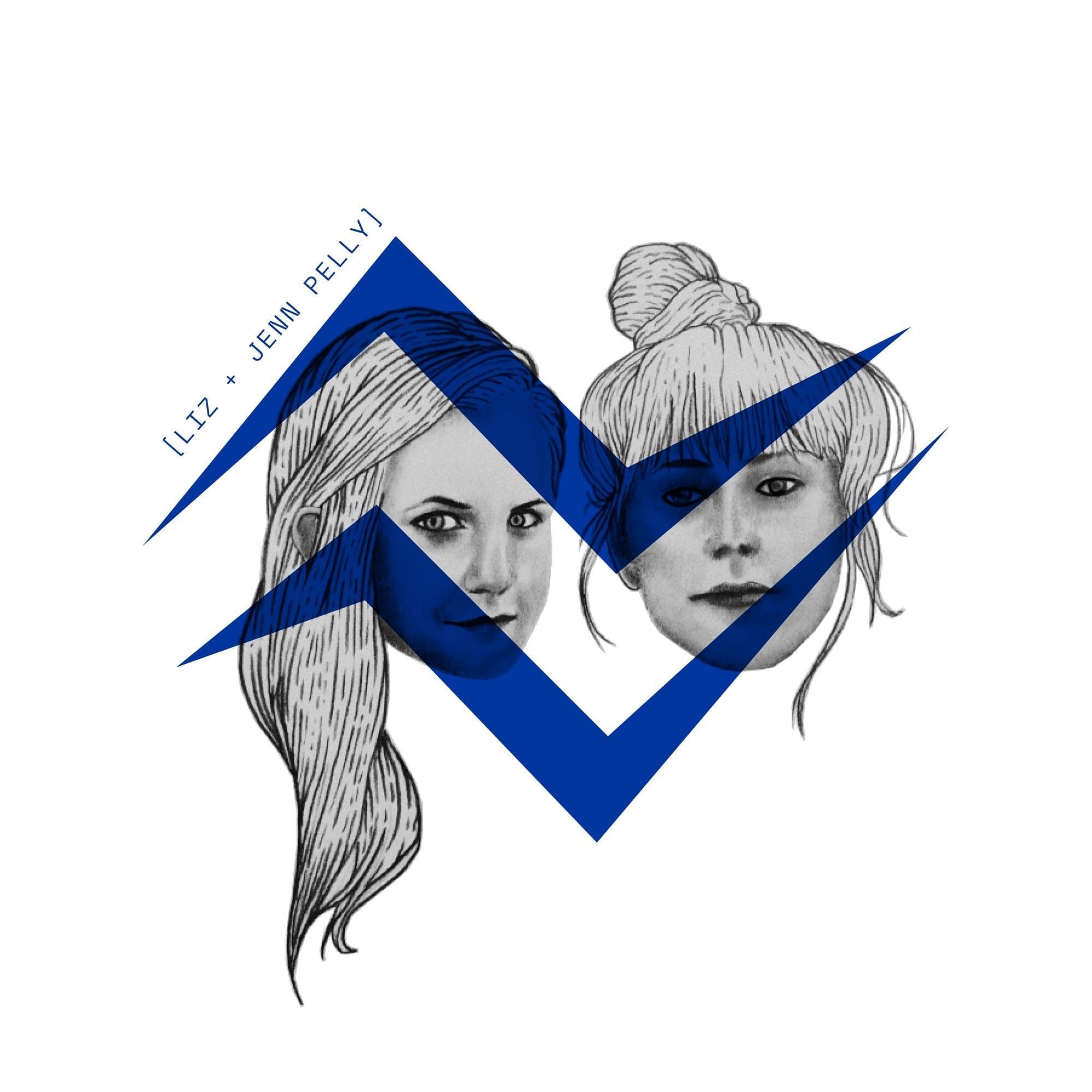
Enongo Lumumba-Kasongo laughs about self-designated influencers. “That’s a weird designation for a person, taste-making,” she says. “I recognize it as a part of this cultural economy where ‘coolness’ has some kind of value but it feels like a gross term.”
The more I witness artists with political messages engaging with corporations, the more I notice a change towards intentional discourse. Conversations regarding anti-oppression become normalized within the music industry when women and nonbinary people of color become visible role models. It’s possible that in our time we will see these relationships evolve, and pop culture significantly impacted by the developed cycles in which culture is created—reflecting more so on the changes within these spaces by the people who touch and create them.
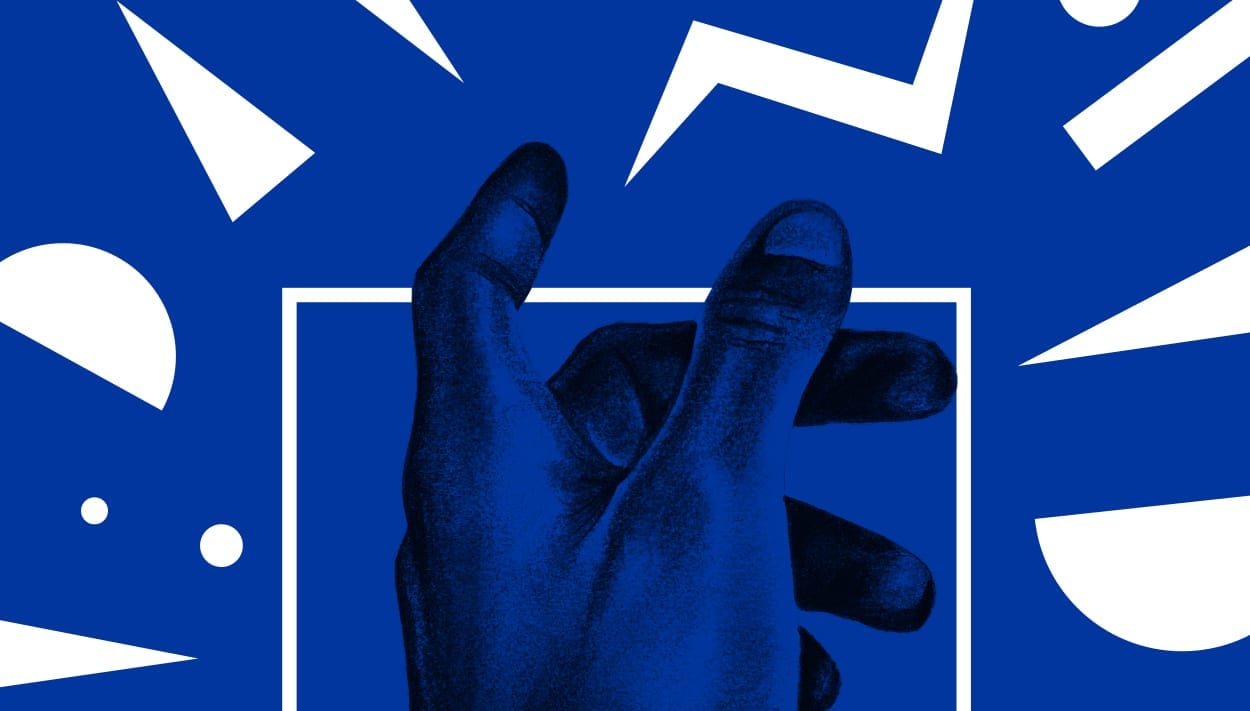

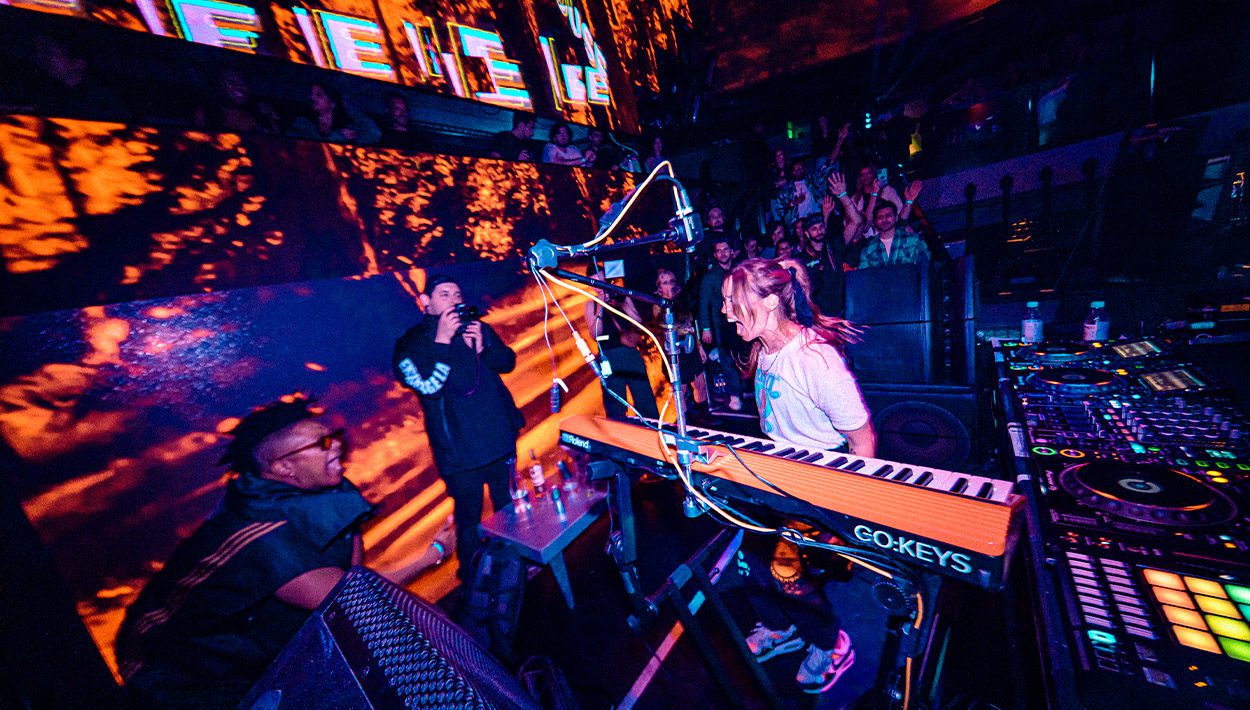
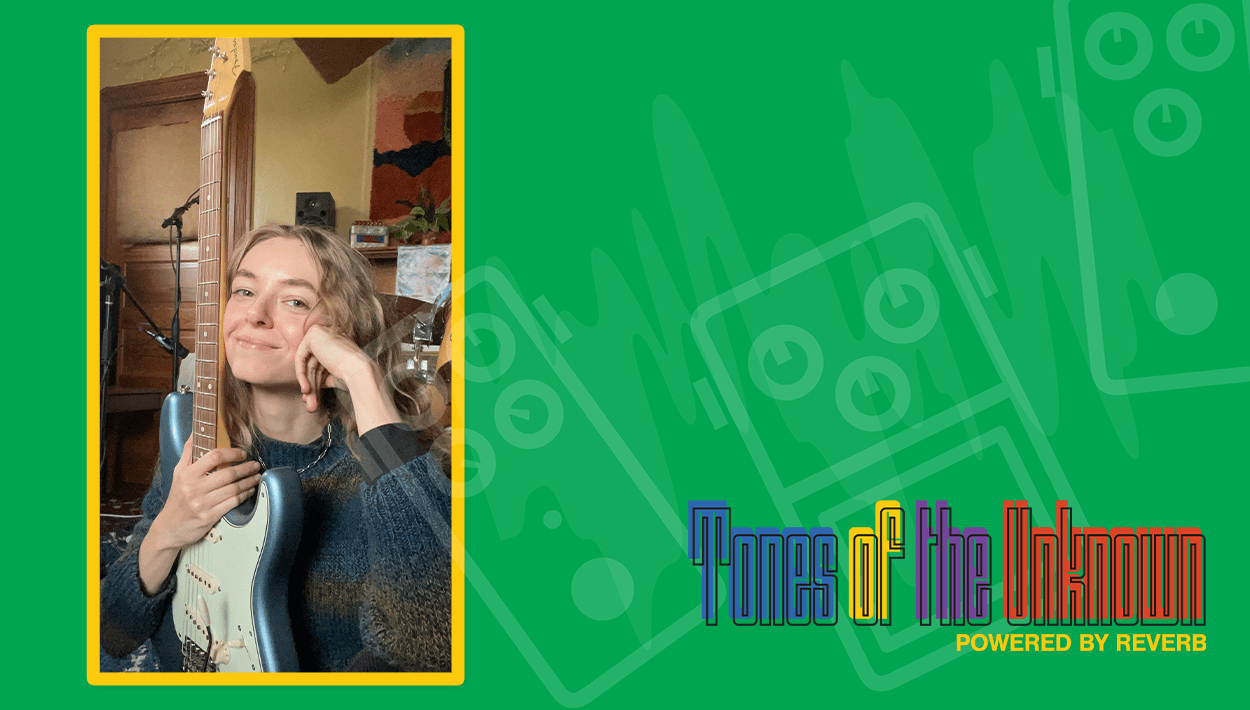
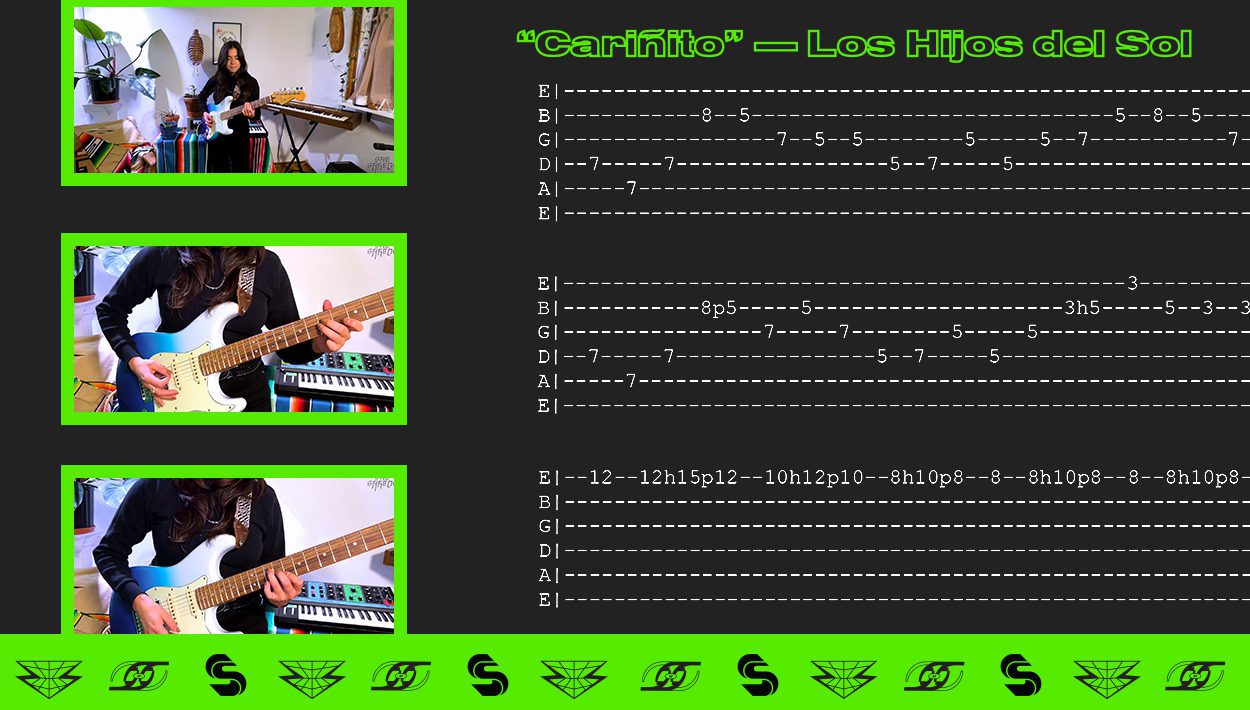
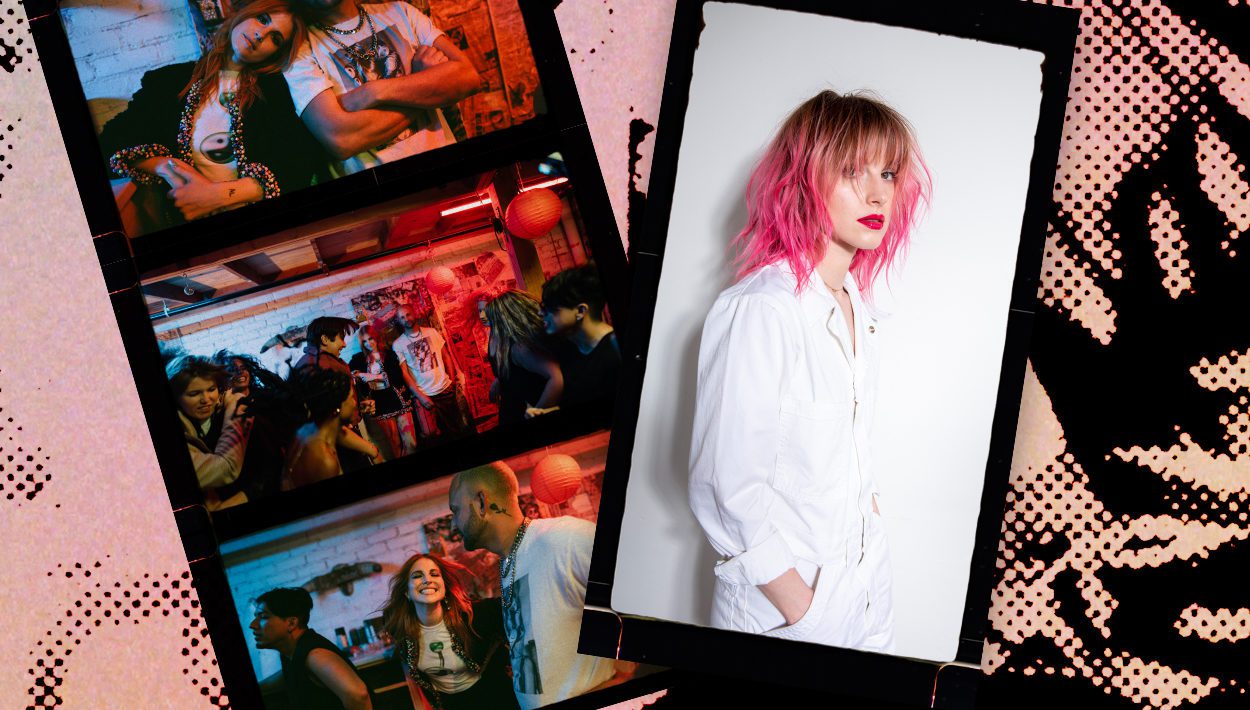
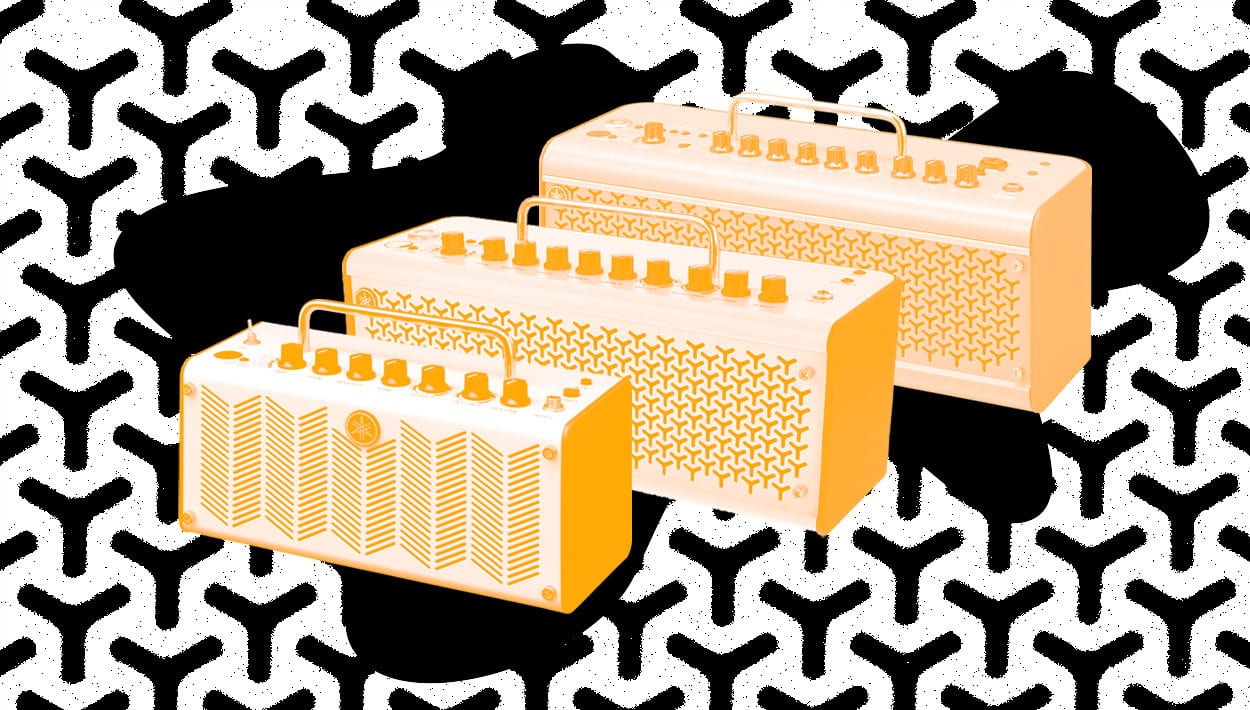
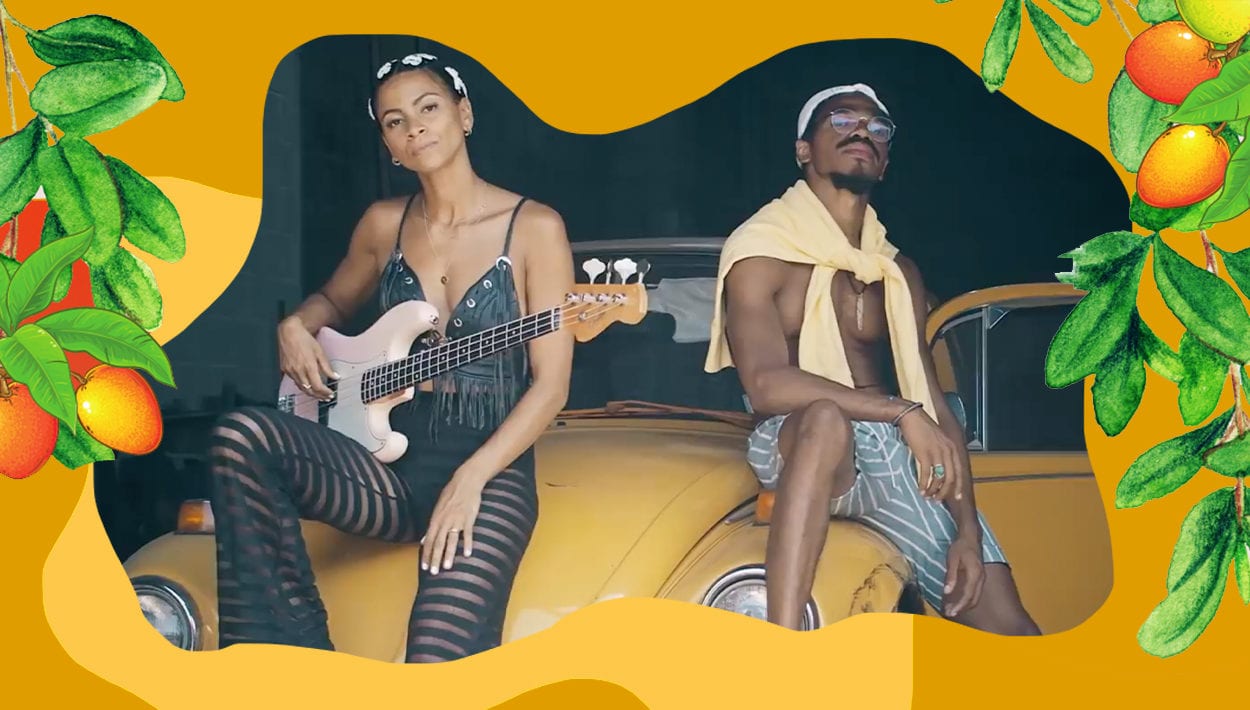
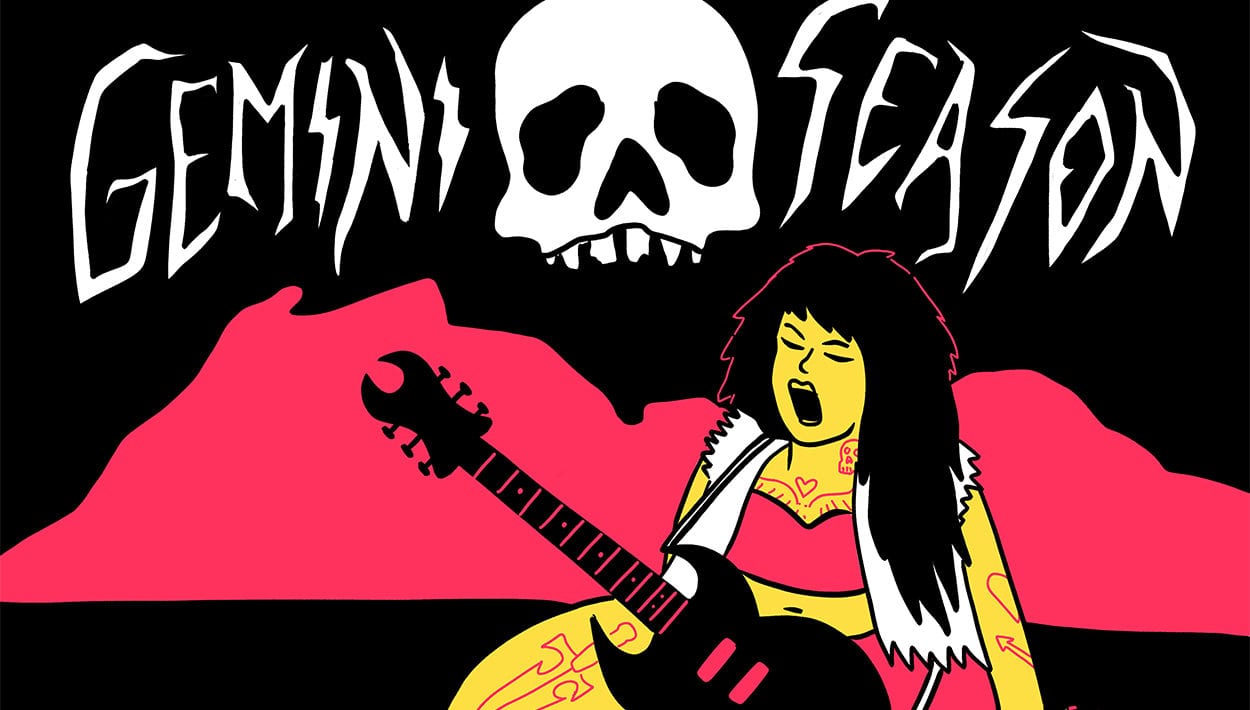
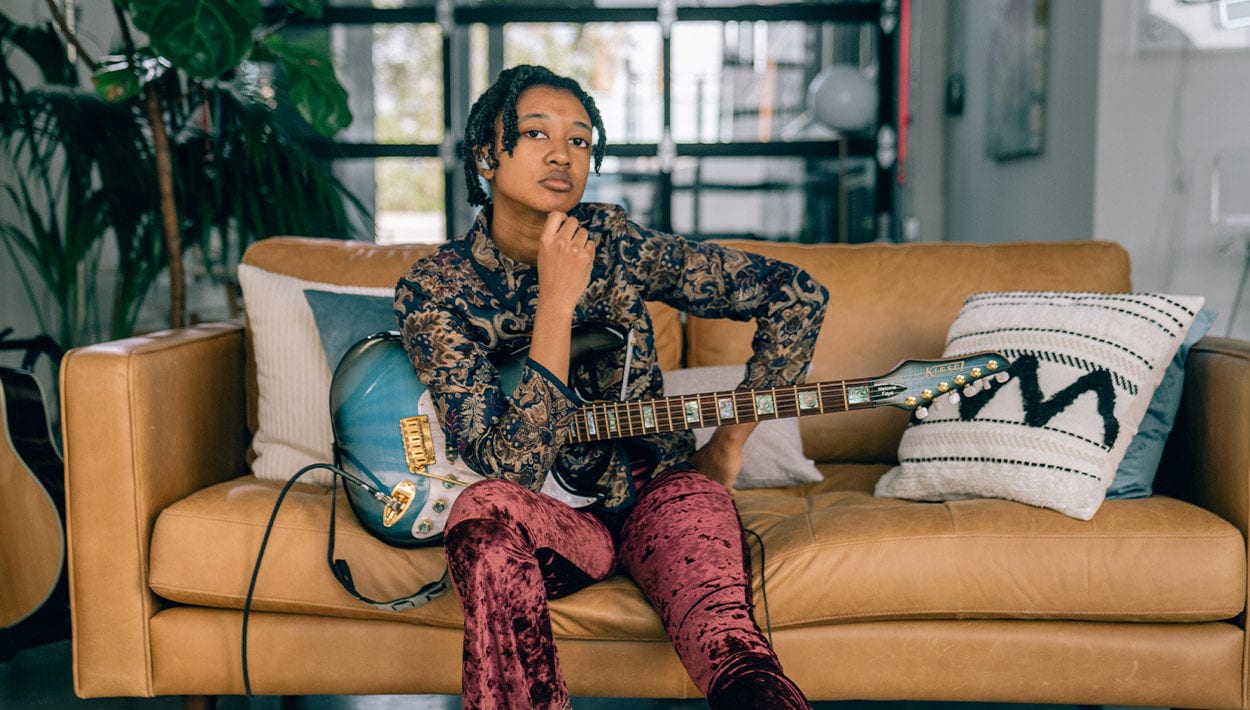
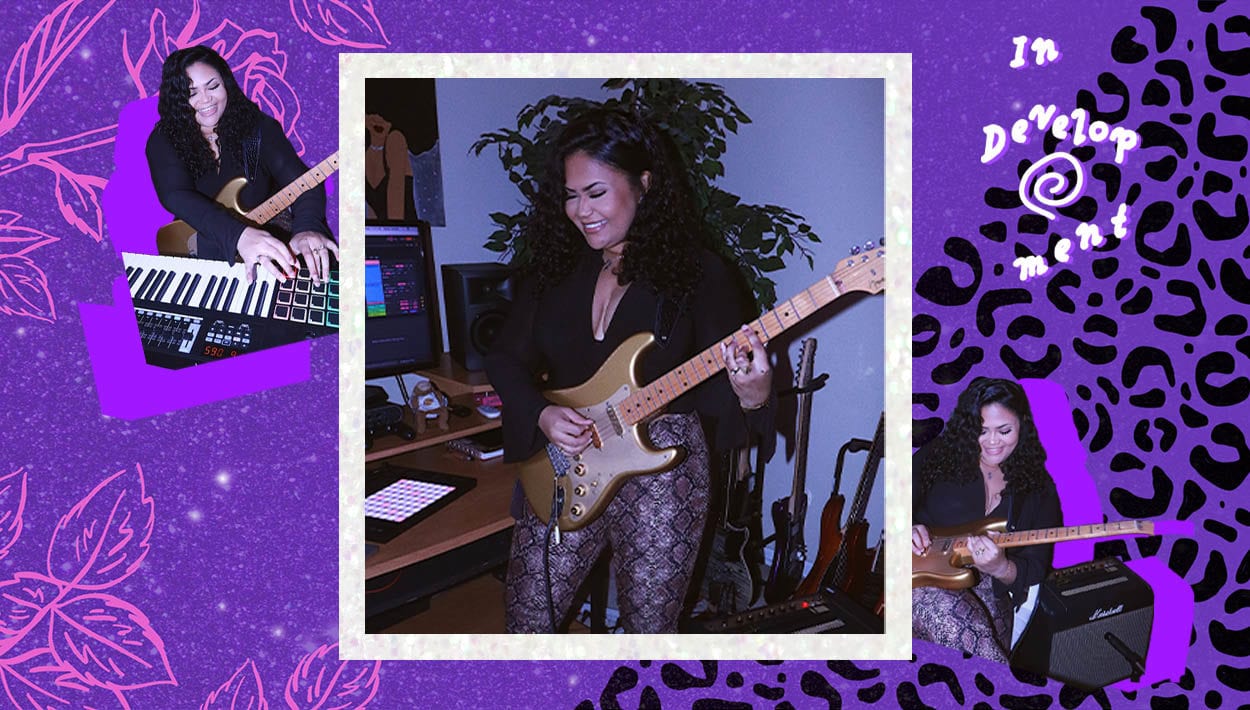
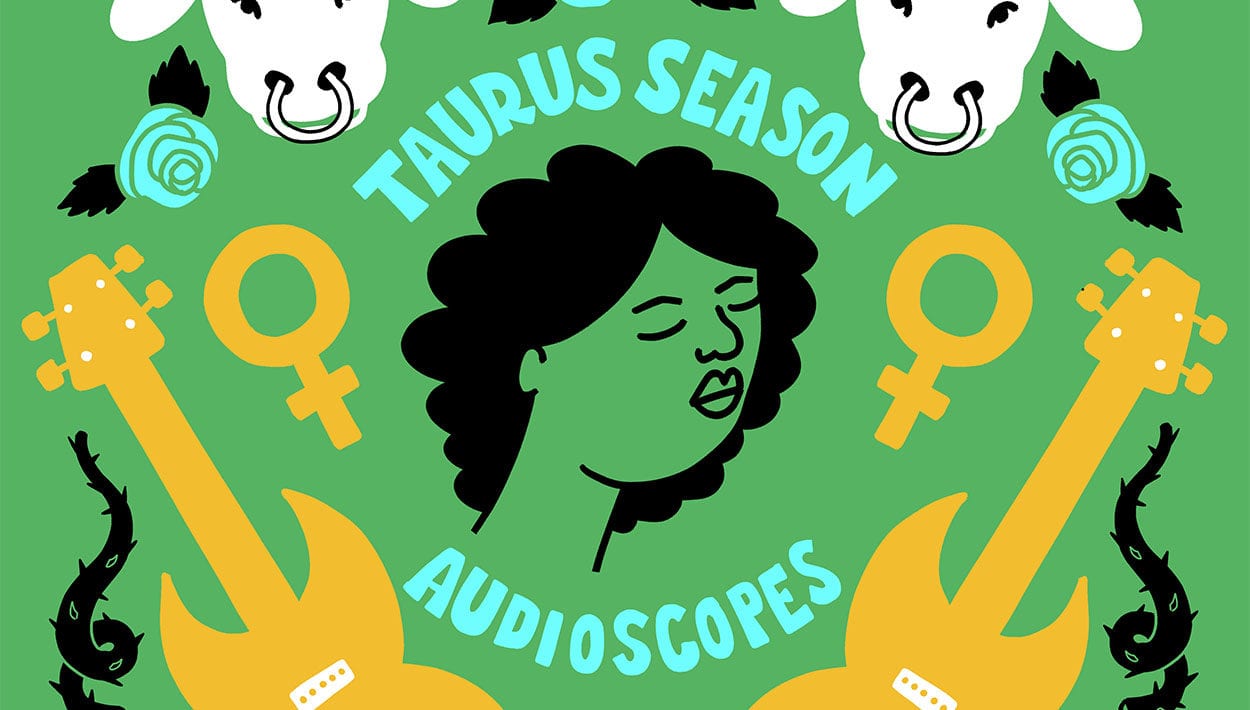


Comments
Oh, great post and from this post, I can learn more things because useful for everyone. I will want them you will share more information about this topic. Gustavo Woltmann
Comment by gustavo woltmann on November 12, 2020 at 9:31 pmOh, great post and from this post, I can learn more things because useful for everyone. I will want them you will share more information about this topic. Gustavo Woltmann
Comment by gustavo woltmann on November 12, 2020 at 9:32 pm